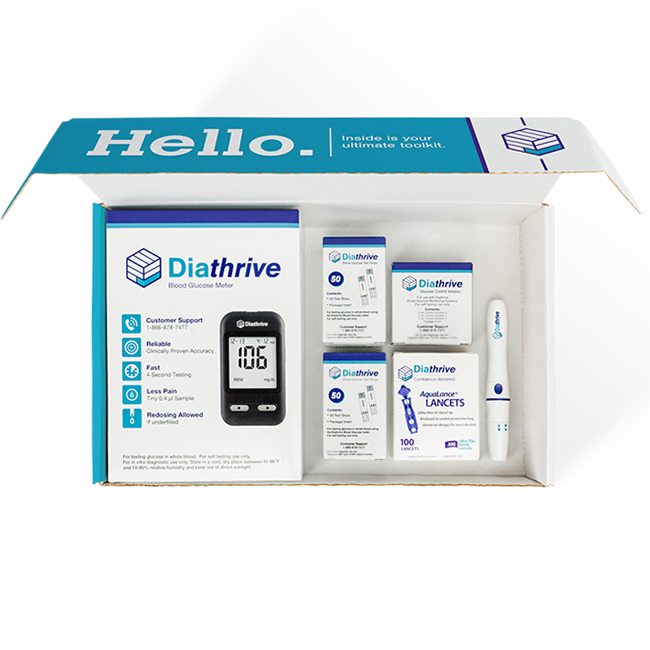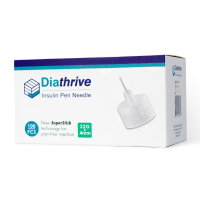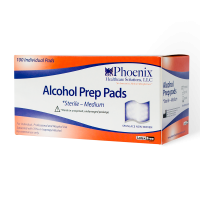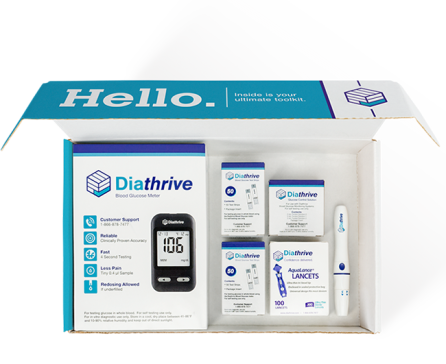
How is fatigue connected to diabetes? What are the symptoms? What can be done to treat diabetes fatigue? Find the answers here.
Over 61% of people newly diagnosed with type 2 diabetes report fatigue – often associated with high glucose levels. But often, during the course of the disease, fatigue also sets in. And, according to research, is not clearly tied to high blood glucose alone.
What is Fatigue?
Fatigue is different than just being tired. It is often relentless and does not go away after rest. It can be triggered by stress, medication, mental or physical illness, and overwork. Diabetes fatigue is so often seen in clinical practice that in a 2018 publication, Kalra and Sahay (Diabetes Therapy, 2018) defined it as a multifactorial syndrome of fatigue or easy fatiguability that occurs in people with diabetes, and named it “Diabetes Fatigue Syndrome”.
Symptoms of Fatigue
Common symptoms include: decreased ability to concentrate, sluggish thinking, and decreased mental endurance. Body weakness, muscle aches and pains and irritability can also be present. It can impact work performance and motivation for self-care. It is different from clinical depression in that it is not associated with loss of interest and enjoyment, pessimism and ideas or acts of self-harm. A challenge is that fatigue begets more challenges with self-care which then can create more fatigue – into a vicious cycle.
How to Prevent or Treat Diabetes Fatigue
Here are some strategies to help prevent or treat fatigue associated with diabetes.
Healthy eating
A food plan balanced with fruits, vegetables, lean meats, whole grains, dairy and nuts helps us in so many ways and can help provide energy throughout the day.
Being moderate in caffeine intake (not drinking coffee and caffeinated sodas all day) can help reduce fatigue. Don’t depend on them to keep you awake!
Be mindful of the quantity of alcohol you drink. The Recommended Dietary Guidelines for
Americans recommends no more than one beverage for women or two for men (5 oz wine, 1 oz hard liquor or 1 beer)
Exercise
Daily physical activity can contribute to energy. Try to walk/bike/swim for 30 minutes most days of the week. Hard to get out? Just do it! You will find it gives you energy – rather than adding to fatigue
Get adequate sleep
This may be the hardest one of all! How to make yourself sleep when a lot is on your mind. Minimize screen time prior to going to bed, minimize daytime naps, try to minimize worries prior to going to bed, set a usual sleep schedule.
Night glucose management
Try to achieve target glucose values prior to bed – think through your day and minimize the chances of having a low glucose during the night (if you are taking insulin and have been very active during the day – you may want to lower your bedtime dose – talk with your diabetes team to confirm).
Talk with your pharmacist
Some medications may cause fatigue – a common one is a beta blocker. Talk with your pharmacist about the medications you are taking and if any could be contributing to your fatigue, and if so, are there some alternatives?
Discuss chronic fatigue with your doctor or heath care provider
There could be a medical reason for your fatigue – such as kidney failure, heart failure or thyroid insufficiency. Fatigue can limit your ability to manage your diabetes – it is important to discuss and find a solution.
Peer support
Obtain support from family, friends or colleagues.
Diabetes is a tedious disease and can result in diabetes burnout and diabetes distress.
Having a team of support can be very helpful.
There are also a number of online communities that are available to provide support education and support. Reach out!
Diabetes fatigue is real and can hamper your ability to work, play and manage your diabetes. The lifestyle recommendations are similar to taking care of yourself overall. If you are doing all those things and fatigue remains – let your health care provider know. When you are able to problem solve chronic fatigue, you will also be able to better manage your diabetes and any other chronic disease that may be a part of your life.





